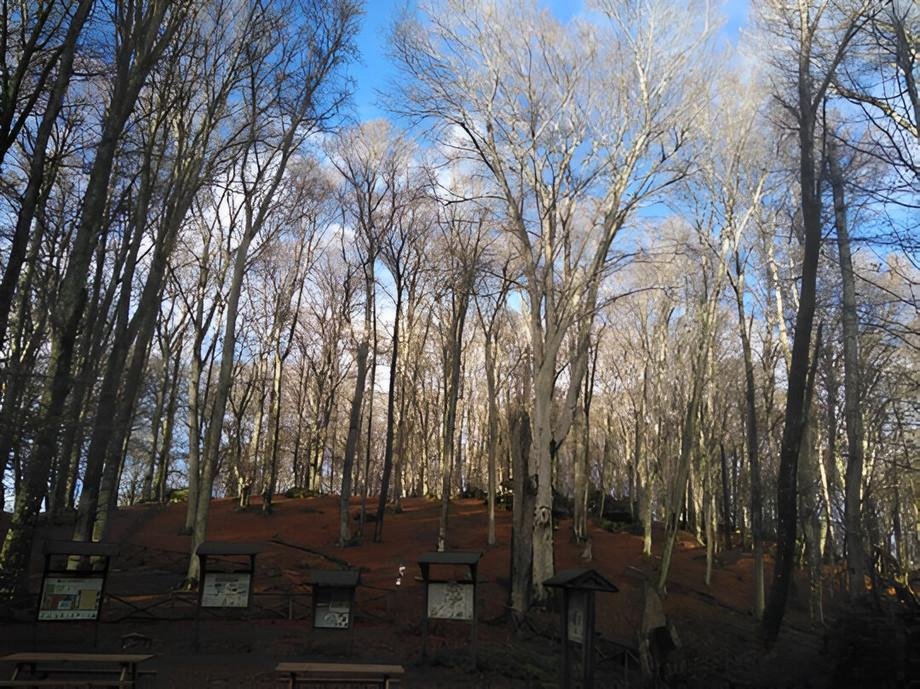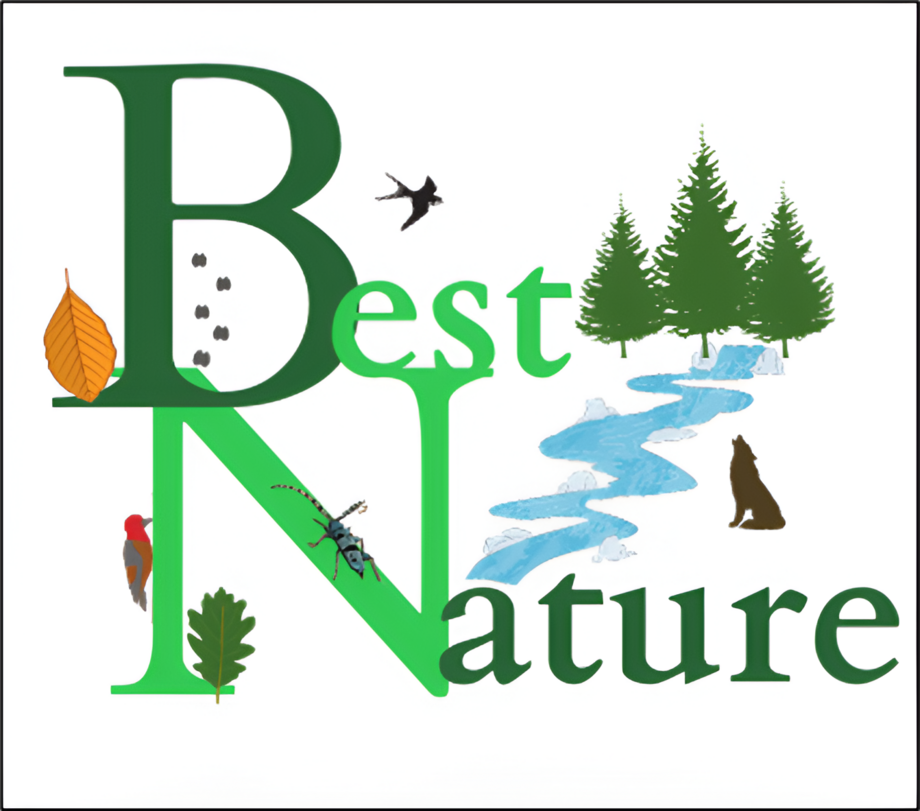Project Details
Erasmus+ project BESTNATURE: Forests in focus



What is biodiversity? What role do our forests play in biodiversity? How is nature conservation realised in Europe and what is the role of national parks? An international Erasmus+ project has been addressing these questions since the end of 2023.
Our forests are truly multi-talented when it comes to climate protection. At the same time, they are severely threatened by climate change. "That's why we are keen to raise students' awareness of the great importance of forests as part of the new BESTNATURE project," says Professor Christine Schmitt, Chair of Physical Geography with a focus on Human-Environment Research and project manager for the University of Passau. A particular focus is on the protection of European beech forests.
The project is characterised by international cooperation and is led by the Università degli Studi della Tuscia. In addition to a second Italian university, the Università di Bologna, there are two Austrian partners, the University of Graz and the Carinthia University of Applied Sciences. The project is also supported by the E.C.O. Institute for Ecology Carinthia.
Online teaching modules on biodiversity and nature conservation strategies
The aim of the project is to develop online teaching modules that can be taken by participating students at all partner universities. This will include videos and interactive formats. "After the end of the project in 2026, these modules should remain online so that they can be used by the general public," says Schmitt. For this reason, the modules will be developed entirely in English. Thanks to the international collaboration, the project benefits from being able to draw on existing teaching methods, concepts and experiences from the participating universities. By combining the best practices of each university, an innovative and transdisciplinary learning approach will be created. In addition, the project aims to promote knowledge exchange and international scientific cooperation between the partner countries in the fields of nature conservation, ecosystem management and biodiversity.
The project will run for three years. During this time, the developed modules and teaching formats will be tested at the participating universities and successful module concepts will be scientifically validated. This should make the training model transferable to other universities, authorities and scientific institutions.
Field sessions to Italy, Austria and the Bavarian Forest
In addition to the online teaching modules, a BESTNATURE field session is held each summer, bringing together students and teachers from all participating universities: In the summer of 2024, the field session will take place in Italy. In addition to the Passau professor, six students will join. "The aim is to experience the practical implementation of nature conservation in a national park. The programme will include discussions with rangers and the monitoring of animal and plant species," says the geographer.
Thanks to Professor Christine Schmitt's research focus, which includes the areas of forest biodiversity and conservation strategies, the University of Passau will be able to make important contributions to the content and conceptual development of the modules. In addition, the University of Passau will also organise a field session in the third year of funding. Students will then learn about the interplay between nature conservation and visitor management in the Bavarian Forest National Park.
The Erasmus+ programme is funded by the European Union for "Cooperation partnerships in higher education". The total volume amounts to 400,000 euros.
Image credit: The Monte Cimino nature reserve near the University of Tuscia in southern Italy (December 2023). The Natura 2000 site is home to ancient beech forests and is a UNESCO World Heritage Site (Ancient and Primeval Beech Forests of the Carpathians and other regions of Europe), photo: Christine Schmitt
This text was machine-translated from German.
| Principal Investigator(s) at the University | Prof. Dr. Christine Schmitt (Lehrstuhl für Physische Geographie mit Schwerpunkt Mensch-Umwelt-Forschung) |
|---|---|
| Project period | 01.11.2023 - 31.10.2026 |
| Source of funding |  Europäische Union (EU) > EU - ERASMUS+ |
| Projektnummer | 2023-1-IT02-KA220-HED-000164984 |
| Förderhinweis | Co-funded by the European Union’s Erasmus+ Programme (2021-2027) under grant agreement 2023-1-IT02-KA220-HED-000164984. |

